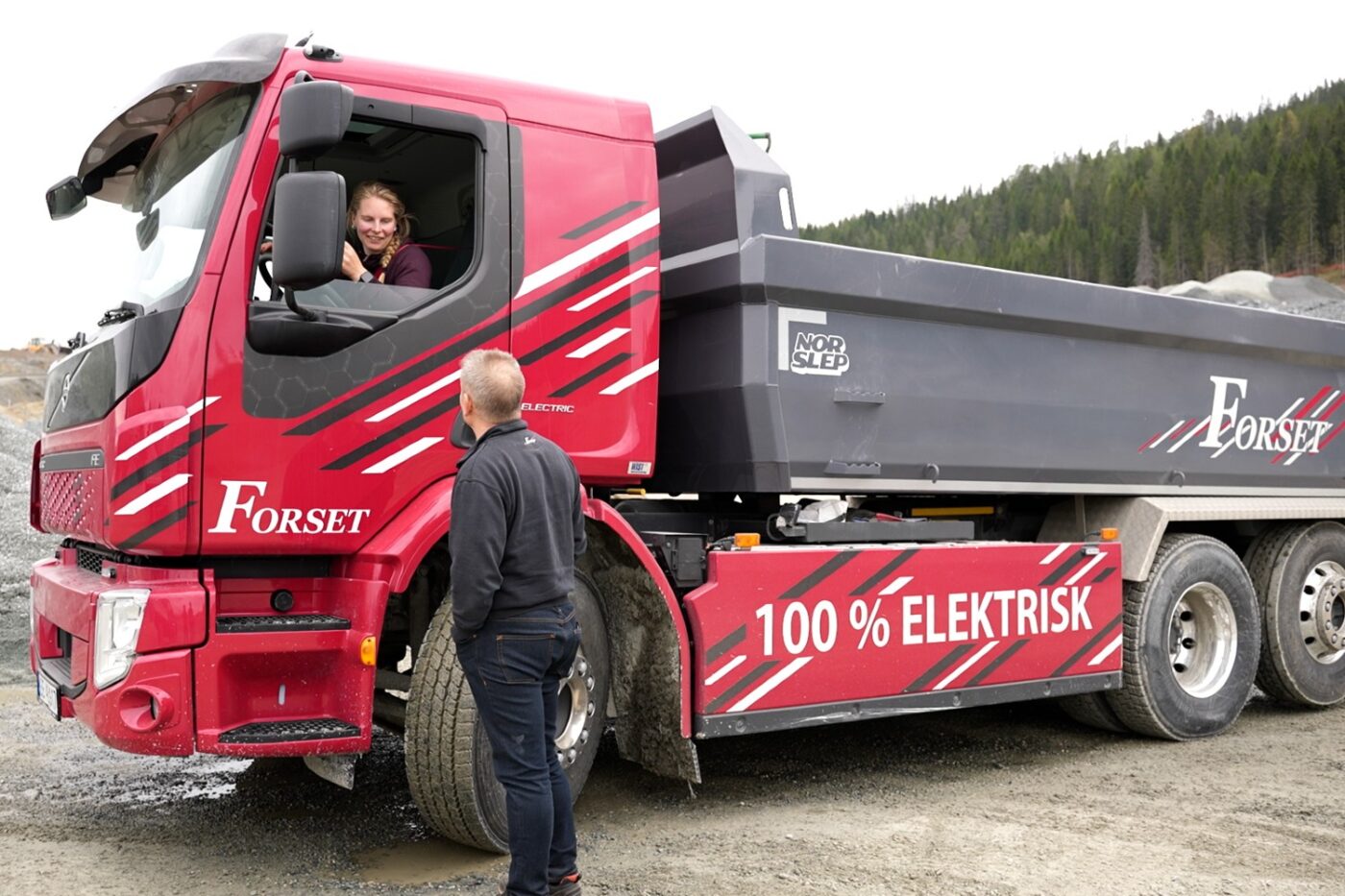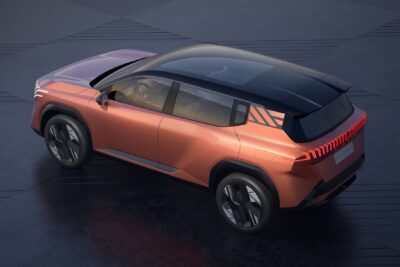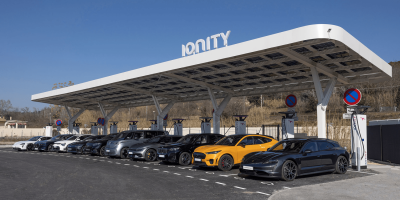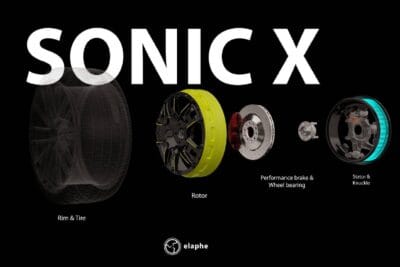Norway: The number of new electric trucks declines
By 2030, all new trucks registered in Norway must be electric or run on biogas. However, in 2024, the number of electric truck sales actually declined compared to 2023. However, in terms of sales share, things are looking up ever so slightly. Electric trucks accounted for 12.6 per cent of all new trucks sold in Norway in 204 – a plus of 0.3 percentage points YoY.
As the Norwegian Electric Vehicle Association (Norsk elbilforening) points out, these figures include all vehicles above 3.5 tonnes. Looking only at electric trucks over 12 tonnes, sales almost doubled. In 2024, 371 heavy-duty electric trucks hit the road in Norway – an increase of 91 per cent compared to 2023. Most of these trucks (65 per cent) were delivered by Volvo, while 18 per cent came from Scania.
However, given last year’s registration figures, the country is still far away from electrifying road transport.
2024 was also not a good year for electric transporters. Even though the all-electric VW ID.Buzz Cargo was the best-selling model across all drive types last year, only 29.6 per cent of new vans were electric. That is a decrease of 1.3 percentage points compared to 2023.
“Now the alarm bells really need to start ringing among politicians. We need stronger instruments,” says Christina Bu, Secretary General of the Norwegian Electric Vehicle Association.
The association does say that there is hope for 2025. For instance, the charging network for electric trucks continues to grow, making it easier for drivers to plug in. Moreover, electric trucks do not have to pay tolls until 2030, making them more attractive to hauliers. In addition, the state-owned enterprise Enova received 1.2 billion Norwegian krona (about 102 million euros) from the 2025 state budget to subsidise electric truck purchases. The first round of the funding programme took place last year.
However, Bu fears the impact could be minor: “This is positive, but for now we are not seeing any impact in the sales statistics, and we at the Electric Vehicle Association fear that it will not have a big enough impact in 2025 either,” she says.
Regarding electric vans, the association is calling on politics to catch up. There were enough models with enough range – but the country needed better policies to support the uptake of electric vans. “We believe that the tax level for new fossil-fuel vans must be increased more for it to really pay off. Now it’s no longer the range of electric vans that matters, it’s the price,” says Bu.
The government will look into giving electric vans general access to public transport lanes, and the one-off tax for new fossil-fuelled vans will increase by around NOK 8,500. That is similar to what is happening in the passenger car segment. The VAT exception for EVs has been extended to 2026, while taxes on new combustion cars will be higher from 1 April 2025.
Last year, the Norwegian Environmental Protection Agency and the National Public Roads Administration proposed a new climate target for electric vans. It had previously been set for 2025 and was pushed back by two years to 2027.





0 Comments